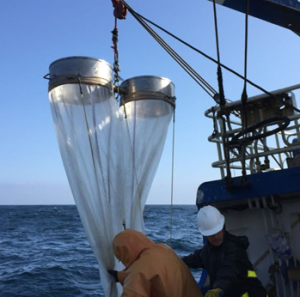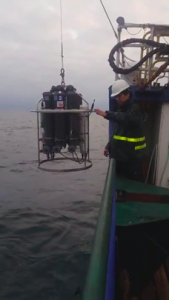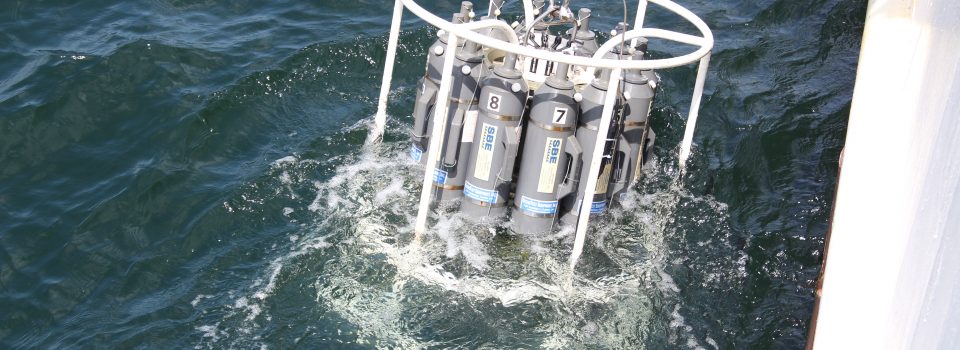IFOP:2020 Cruises for spawning anchovy stock evaluation in Atacama and Coquimbo regions.
September 17th, 2020 The Daily Egg Production Method has been applied in Atacama and Coquimbo Regions between 2015 and 2020. Along with being a piece of information for the annual evaluation of anchovy stock, it allows studying temporal and spatial variations of reproductive parameters . Complementarily, environment study makes it possible to evaluate exogenous factors, such as available food quality and environment conditions in which the resource spawns.
The Daily Egg Production Method has been applied in Atacama and Coquimbo Regions between 2015 and 2020. Along with being a piece of information for the annual evaluation of anchovy stock, it allows studying temporal and spatial variations of reproductive parameters . Complementarily, environment study makes it possible to evaluate exogenous factors, such as available food quality and environment conditions in which the resource spawns.
During maximum anchovy reproductive activity season (Engraulis ringens), IFOP executes cruises in Atacama and Coquimbo Regions to carry out annual evaluation of this resource spawning stock .
This evaluation determines anchovy spawning biomass, using statistical analysis of Daily Egg Production Method (MPDH), which considers anchovy reproductive parameters estimation, when related to eggs abundance and coverage released into the environment, provides Spawning biomass as the fraction of fish capable of spawning during spawning period peak. For this, an intensive sampling of anchovy eggs and adults must be carried out. Therefore, between August 31 and September 30, 2020, various ships will be found collecting information on anchovy reproductive status and the area environmental condition.

Anchovy egg collection is carried out in 468 sampling stations using Doña Adriana ship in 21 days of operation, while oceanographic sampling is carried out in 11 days of operation in the Garota III boat, completing 50 stations (temperature, salinity, dissolved oxygen, chlorophyll-a and plankton) to determine environmental condition of maximum reproductive activity season. In these two ships sampling is carried out by IFOP’s Oceanography and Environment Department (DOMA) staff.
On the other hand, adult anchovy sampling with 24 days of total operation, is carried out in the Garota V and Santa Norma warehouses in Coquimbo Region; and Don Atilio ship in the Atacama region. Sampling of adults is carried out by specialized IFOP staff in each Region. The project leader is Oceanographer Úrsula Cifuentes, DOMA researcher.
